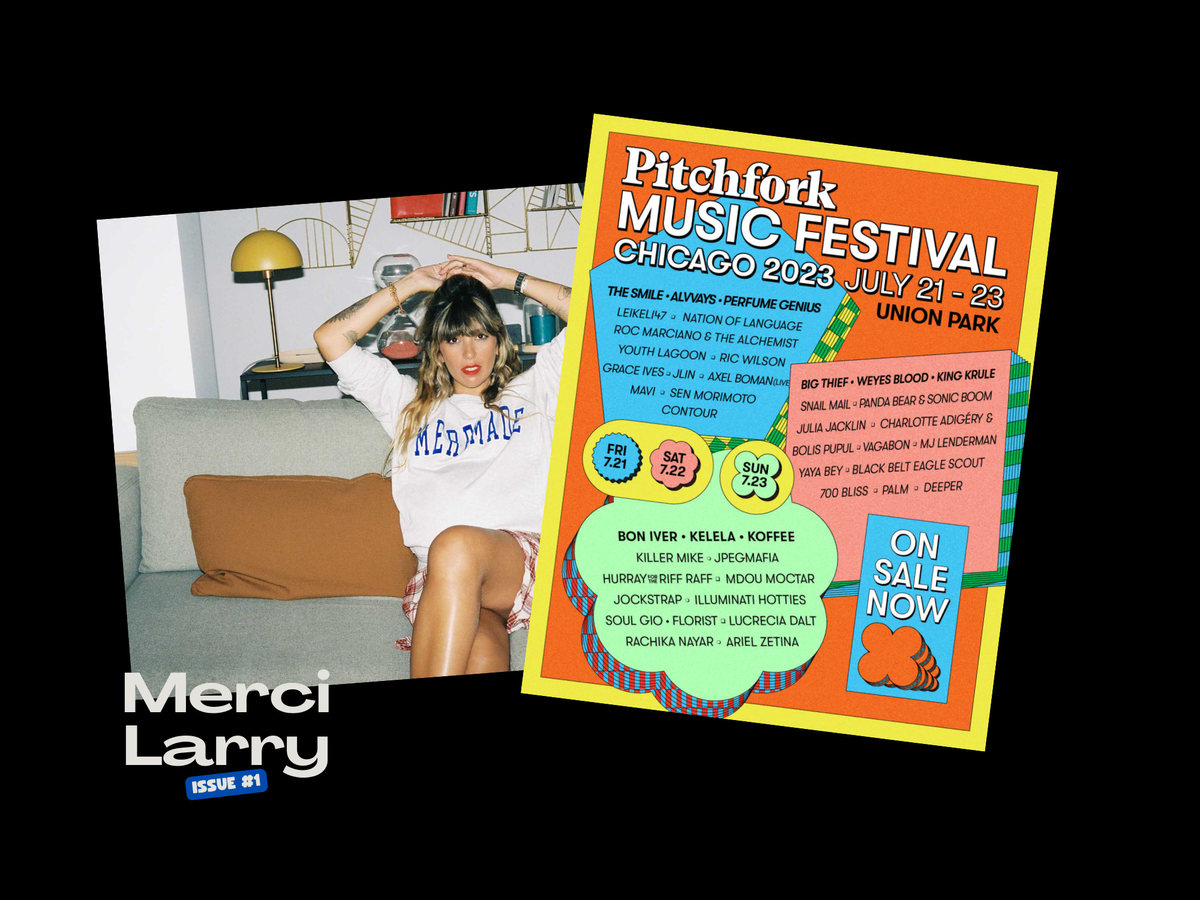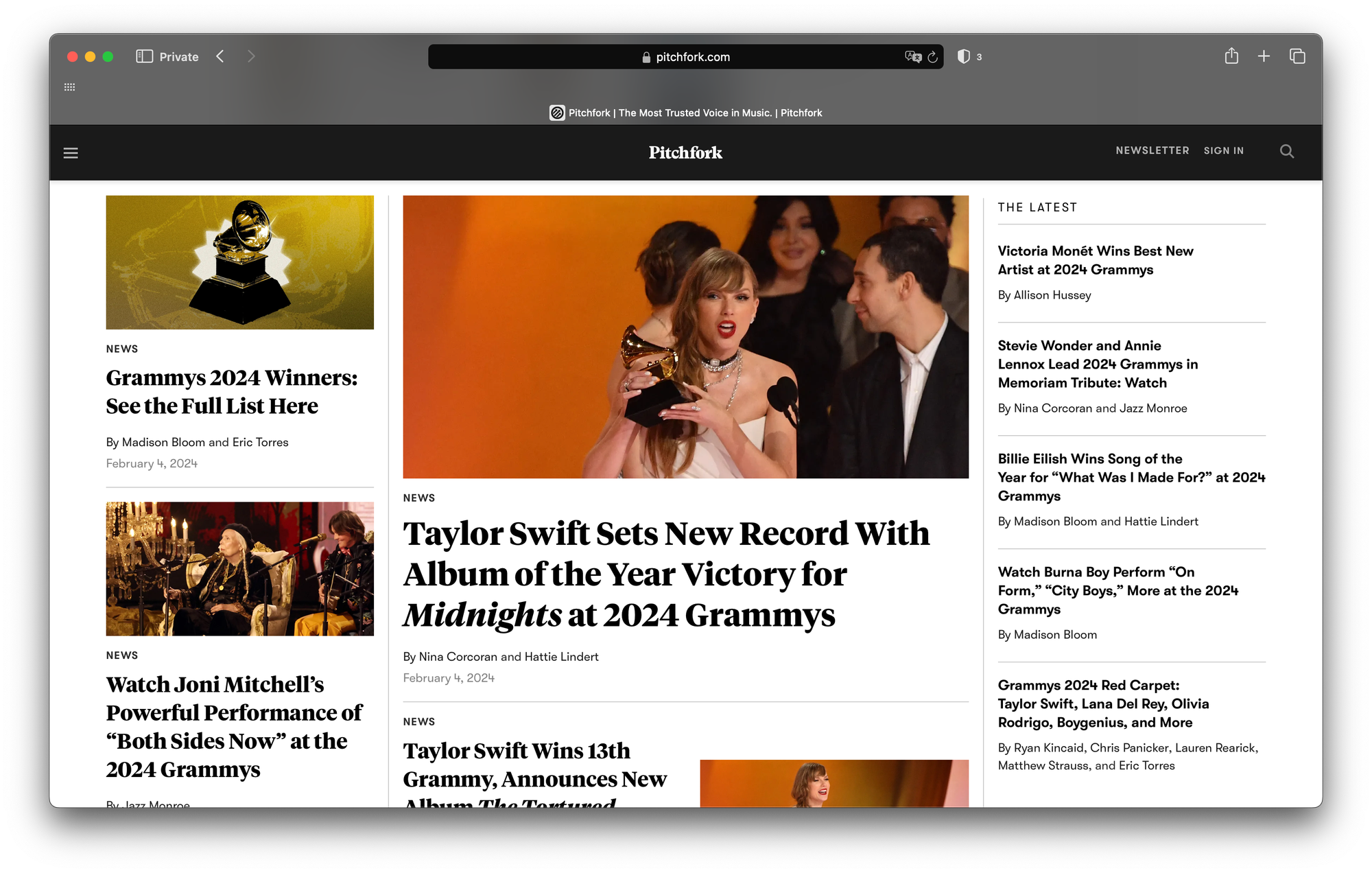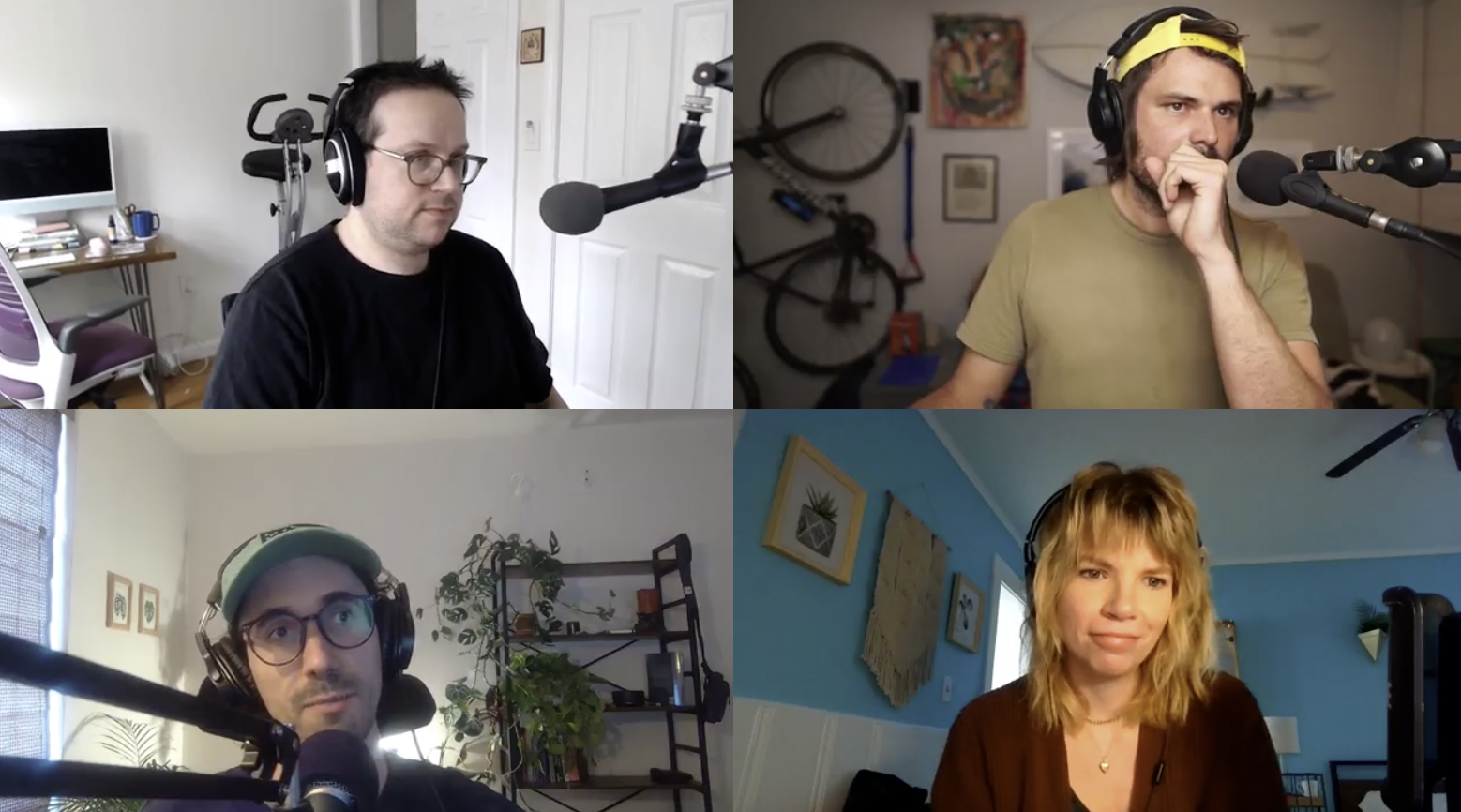Ownership of communities
From engaging with to owning communities & from a opinionated culture to a commoditized one.

Welcome to the first issue of the Merci Larry series aimed at sharing my monthly curation about growth and related topics.

French lifestyle influencer Marion Gruber is now Head of Content US for Sézane.
Thoughts: it makes no surprise to see her taking control of the brand awareness in the US as she published lots of sponsored & affiliate content with the brand for a long time now. What's interesting here is that Sézane bought the exclusivity of Marion Gruber's image, a French with an LA lifestyle for years that recently moved to California.
I believe we're currently at an intermediate stage where brands are transitioning from simply relying on influencers to reach large audiences with shared interests, to purchasing influencer personas and thereby gaining ownership of the community. To use a parallel, it's like the posts from brands on LinkedIn. Low or zero engagement. Posts from employees perform. That's why Sézane didn't communicate on socials about the hire. They don't need to because the audience they want to transform into customers is on Gruber' socials.

The web is all but certain to get less vibrant as a result.
This quote from Casey Newton is incredibly true and the article brilliant piece he wrote about platforms such as Spotify that end media culture is the best content I've read so far about how the uniformisation of how we consume the information through AI:
Before Spotify, when presented with a new album, we would ask: why listen to this? After Spotify, we asked: why not? It’s hard to overstate what a challenge this posed to music criticism. As consumers of music, we came to Pitchfork to ask one question — is this worth listening to? — and got an entire education in return. But with the arrival of streaming music that question lost its meaning, and suddenly we had fewer and fewer reasons to seek out criticism.
Read the article by Casey Newton: how platforms killed Pitchfork.

Only a small portion of product reviews on the web uses affiliate marketing, but the majority of all search results do.
Last year, Amanda Lewis published a controversial article on The Verge wondering if SEOs ruin the internet. The article itself was clumsy1 but the question was actually good. How did our organic traffic acquisition strategies damage the quality of web content? This is the question German researchers tried to answer through a one-year study on 7,392 product review queries (considered particularly vulnerable to affiliate marketing due to its inherent conflict of interest between users, search providers, and content providers).
Listen to the podcast by 404media: why Google is shit now
Read the study: is Google Getting Worse? A Longitudinal Investigation of SEO Spam in Search Engines
📩 Every time you ask the user click you lose half of them. - It may seem obvious and it certainly was at a certain point in time but we are now over-analysing things and we complicate them as well. Andrew Chen says it well about why lengthy signup flows are a bad idea. Makes me think of the sign-up flow of Substack vs. Ghost; one is pretty straightforward while the other one is super long. Guess which platform is hype?2
Question, feedback, suggestion 👉 drop me a line on LinkedIn.
See you next month,
Alice
- Sources used to write the article were far from being trustful.
- It's not all about the sign-up flow of course but you get the idea. :)